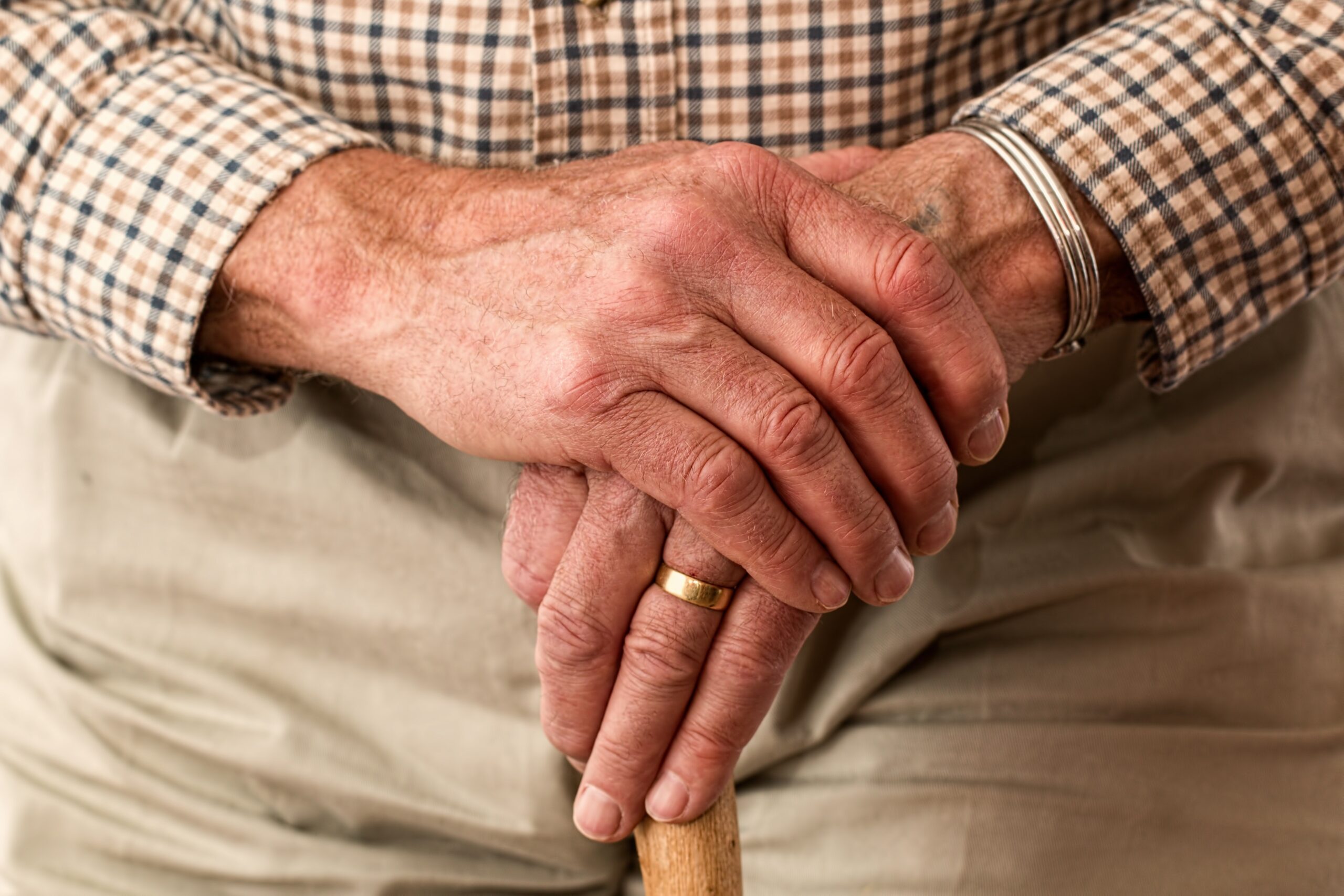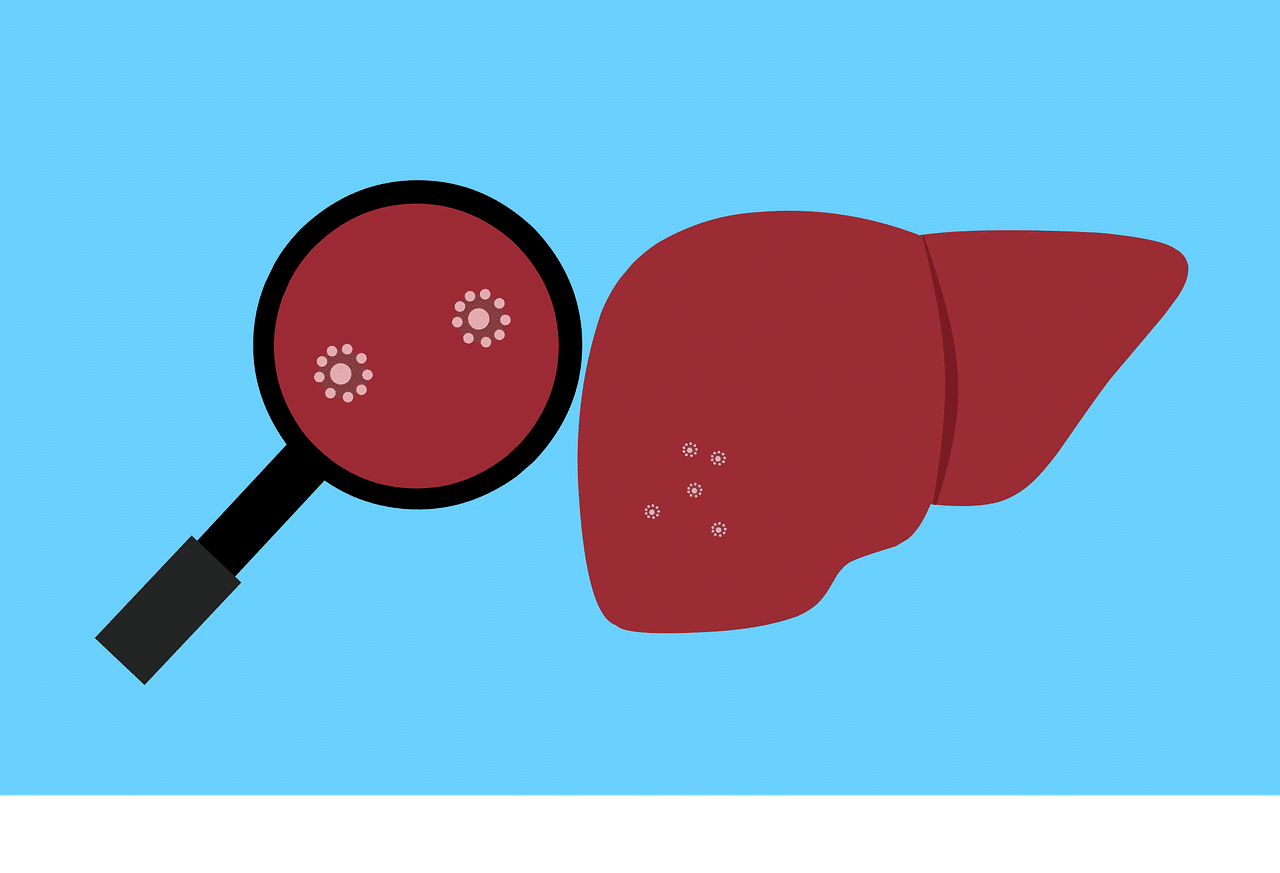Hydroxychloroquine, the drug which was previously deemed to be the cure for COVID-19, does not have any impact on the treatment for the infection, according to a new study, whose findings appear in the online edition of the New England Journal of Medicine.
Previously, the anti-malarial drugs Hydroxychloroquine and chloroquine were tested around the world on patients with the coronavirus infection. Although there was no scientific evidence, there was much hype regarding the medicines.
Consequently, the drug even received approval for usage in certain parts of the world. The drugs were even promoted by a number of government officials and even the president of the United States, Donald Trump.
However, the medical community expressed its concern even back then while criticizing all the people endorsing the medicine regardless of lack of a trial that confirms the benefits of Hydroxychloroquine.
Many front line health care workers reported that many patients had started inquiring and requesting the treatment including either chloroquine and Hydroxychloroquine.
RELATED: CDC Reports New Symptoms of COVID-19
Hydroxychloroquine became a popular subject of discussion for COVID-19 treatment after a small-scale French study held at the beginning of the pandemic reported improvements in patients of coronavirus infection after the drug was used.
Thenceforward, a number of clinical trials testing the drug in combination with another antibiotic, mostly erythromycin, were set up and started soon at the end of the month of February.
However, the large-scale clinical trial in the United States found no benefits of using Hydroxychloroquine in patients with COVID-19.
Instead, the researchers in the trial noted that people receiving the current standard treatment for the infection were more likely to recover than those who had treatment with Hydroxychloroquine.
On the other hand, the clinical trial in Brazil which also tested Hydroxychloroquine and chloroquine was called off after the researchers started noticing the adverse effects of the drugs in the patients.
More specifically, the patients who were given a high dosage of either chloroquine or Hydroxychloroquine developed heart-related problems including an irregular heartbeat. Therefore, the trial was halted in order to prevent further negative effects.
Now, the new study that appears in the NEJM, conducted by Joshua Geleris and a team of researchers from Columbia University in New York City examined the impact of using Hydroxychloroquine on the treatment of COVID-19 in around 1,446 patients.
Out of these 1,446 patients, seventy patients passed away or intubated or were cured within twenty-four hours.
In the twenty-two day follow-up of the study, the researchers noted that fifty-eight percent of the patients that remained were given Hydroxychloroquine. Forty-five percent of them were treated in the next twenty-four hours and eighty-five percent recovered in two days.
The researchers found no strong association between the use of Hydroxychloroquine and the success levels of treatment. The results remained the same even after multiple sensitivity analyses.
The authors concluded the paper by saying “The study results should not be taken to rule out either benefit or harm of hydroxychloroquine treatment, given the observational design and the 95 percent confidence interval, but the results do not support the use of hydroxychloroquine at present, outside randomized clinical trials testing its efficacy,”
Even though the paper stated that taking the anti-malarial drugs had no impact on the treatment for COVID-19, taking either of them at home is not recommended.
As previous trials had shown, taking hydroxychloroquine can cause a number of heart-related issues. People should not try to cure the coronavirus infection or prevent the infection using these drugs.
So far, there are no medicines that have been approved for the treatment of COVID-19. In case of symptoms, reporting to a hospital as soon as possible is important and suggested.


